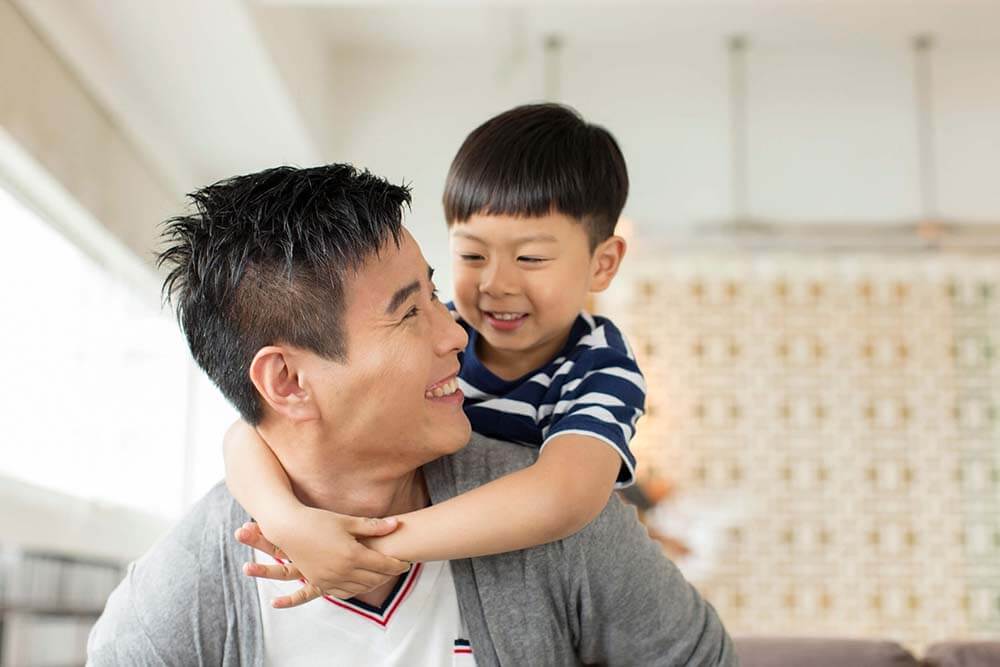
Parents, how well do you know your child’s teachers? Teachers, how well do you know your students’ parents? How does the relationship between your child’s teachers affect their learning—or does it at all? Could this relationship have an effect on reading ability? How much does the involvement of a “family” in school activities play into a child’s success in school? What exactly does an involved parent/caregiver look like? How would a teacher know if you were an involved parent? How would parents know if they were involved enough? How would a parent know if you were an effective teacher? How do you know if you’re an effective teacher? What are some ways both teacher and parent can ensure that together they are doing what’s best for their students’/child’s academic success?
I don’t have all of the answers to these questions, but I do have a unique perspective on this topic.
Why are parent-teacher relationships important?
I am a parent, and I have also previously been a classroom teacher. I know that the struggle to have a good working relationship as parents and teachers is real. I also know that having a good working relationship between teachers and parents is an extremely important part of a student’s academic success and reading ability.
There have been times in my own relationship with my children’s teachers that I have not been involved. They have had teachers whom I knew well, and there were teachers whom I wouldn’t recognize if I saw them at the grocery store. If I switched roles and put on my teacher hat, I could say the same thing about those relationships. There have been parents I’ve known well, and there were parents I wouldn’t have recognized if I ran into them at the grocery store. I could try to put the blame on parents or on teachers, but I would rather make a few observations and suggestions as to how to make the parent-teacher relationship better. I want to focus on three main things: expectations, communication, and realizations.
Expectations
First, when it comes to expectations, both parents and teachers have them for each other. They expect certain things to happen. Parents expect teachers to instruct their students and to guide their learning so they can have success. Teachers expect parents to support their reading instruction and learning that happens in school, at home. They also each have expectations for the child/student they share in common. They have expectations for their student’s academic performance, attendance, and behavior both in school and out of school. If these expectations are the same and they are communicated, a synergy will happen, and their relationship can have a powerful effect on the student’s reading ability and learning outcomes. The operative word in all this is communicated. When expectations are clearly communicated, both parents and teachers will have a better understanding of their roles in the parent-teacher relationship. They will then know how best to be a supportive part of that relationship.
Both parents and teachers have an important role to play; their roles do not replace but rather complement and reinforce the other’s role, thus providing the student with a consistent message about reading and learning. Thinking of parents and teachers as “partners” refers to this mutual effort toward a shared goal. It also implies shared responsibility of parents and teachers for supporting students as learners (Christenson & Sheridan, 2001).
So, how well are you communicating and working as a partner, either as a parent or as a teacher, in your child’s education?
Communication
Have you ever heard that communication is a two-way street? What does communication have to do with the success of your child’s reading? How often would you like feedback about your child? What kind of feedback do you wish you would get from your child’s teacher? school? Whose job is it to see that information is given? Are you, as the parent, waiting for your child’s teacher to initiate communication? Are you, as the teacher, waiting for the parent to initiate communication? Why wait? You be the one to make the first step. Aren’t you both trying to achieve the same thing? Have you heard that actions speak louder than words? In the case of your child’s education, some actions are perceived by teachers as “involved.” For example, if parents attend students’ performances, school and class activities, parent-teacher conferences, and PTA meetings and volunteer their time in the classroom, those parents are seen as involved. When a child comes to school and they are well groomed and well rested and their homework is completed, a teacher presumes that the parent/caregiver was involved in the process of helping that child be successful and prepared. So, if parents don’t do all of those things, are they not involved in their child’s learning? Do they not care about their child’s education? It may appear so. Here’s where communication plays a huge role. Are you unable to attend meetings because of conflicting work schedules, illness, or other family struggles? Are you unable to volunteer because of language barriers, lack of transportation, childcare needs, or other issues? Do you understand the school culture? Does the teacher understand your culture and your feelings about how you can give support? If you haven’t communicated these concerns or challenges to your child’s teacher, how would she know? If you are the teacher, how would you know if you hadn’t asked the questions? Communication is a two-way street. Have you crossed that street?
Realizations
I’ve made some realizations from my experiences in the classroom and as a parent. I’ve realized that we’re all on the same team and, as such, we need to be supportive of each other. We need to have mutual respect for one another. We should all have one common focus and goal, and that is the success of each child. All parents have a genuine desire for their children to be successful at whatever they’re doing. Teachers have that same desire. I’ve learned that assumptions are dangerous and that perceptions are often inaccurate. Seeking to understand one another by communicating expectations is key in having a powerful synergistic relationship. When both a child and a parent feel supported by the teacher and vice versa, students will have a greater advantage in their ability to be successful. It’s a win-win for everyone!
Schools and teachers alone seldom help students achieve their full academic potential. This is not an indictment of schools and teachers. Rather, this is a fact of child development. Students’ personal investment in and interest for learning, for example, are influenced by parental messages (Bempechat, 1998; Coleman, 1987). Therefore, the approach for interacting with families is characterized by focusing on the importance of the relationship and establishing meaningful co-roles for the partners. Working as partners is a way of thinking about how to create constructive connections between parents and teachers. Forming connections means developing an intentional and ongoing relationship between teachers and parents that is designed to enhance children’s reading and learning, and to address the obstacles that impede it. It requires delivery of the right message: “that mutual respect and interdependence of home, school, and the community are essential to children’s development” (McAfee, 1993, p.21).
So, set your expectations. Parents, let your child and your child’s teacher know your expectations. Teachers, let your students and your students’ parents know your expectations. Then, communicate those expectations to each other often and in respectful ways. Finally, remember to keep your assumptions and perceptions out of the relationship, and realize the common concerns, desires, and outcomes both parties share are the same. Success for all students is the goal, and positive parent-teacher relationships are the key to that success.
Do you want to learn more? Take a look at a Reading Horizons Review from the State of California.
